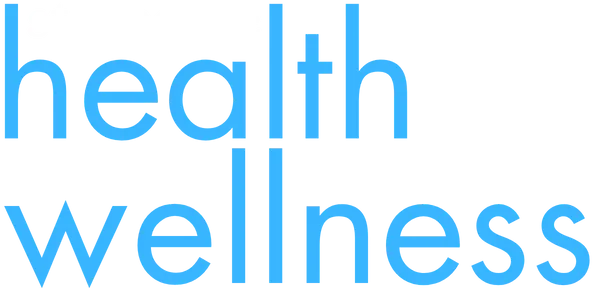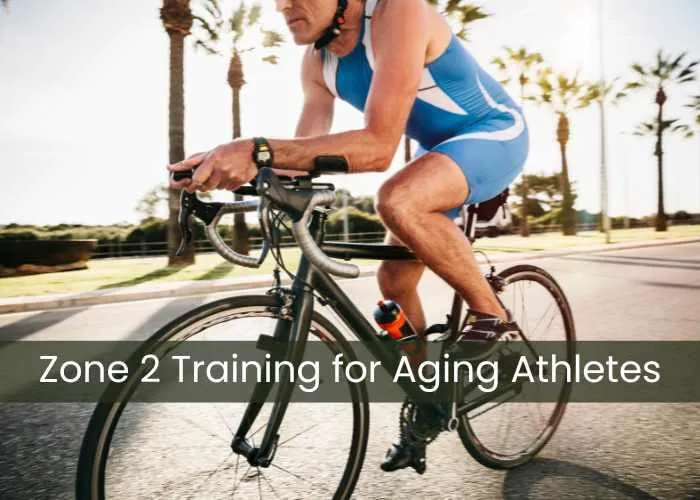

CURRENT ISSUE

Cover Story
Community & Culture
Start Here, Go Anywhere: The TechConnect Pathway at Dixie Tech
2024 Jubilee of Trees: Help Advance Cancer Care at Intermountain St. George Regional Hospital
A Journey of Adventure and Elegance: Life at Obsidian Resort & Residences
Utah Tech University's Dental Hygiene Program Is on the Road to Better Smiles
Relationships & Family


Current Articles

The Calcium Connection
A few weeks ago, my seventeen-year-old son tore his ACL. I wish there was a good story associated with his injury, but there isn’t. He and a friend were trying to see how many heel clicks they could do in a row. It turns out that the answer is three because on the fourth, he felt something in his knee pop, and he fell down.
A friend of mine here in town is an orthopedic surgeon—one of the best around in my opinion (give me a call, and I’ll tell you who it is). After taking a look and having my son go through a few exercises, he was sure the ACL was torn but wanted an MRI to confirm.
The MRI we took a few days later verified a complete tear that would require surgery. I’m not worried about it; I know my boy will be in good hands. My concern is why the injury would occur in the first place.
I grew up active and heavily involved in sports. I can’t remember any of my friends or teammates hurting their knees like my son. It seems like this type of injury has become much more common in young people today than it was in the 1900s when I was in high school.
My orthopedist friend and I speculated that perhaps these types of injuries occur more frequently because kids are specializing in a particular position in a particular sport at a much earlier age. Being physically well-rounded (playing a variety of sports or participating in a diversity of physical activities) gives your body’s muscles a more complete development, protecting joints and helping to prevent injury.
However, several days after my son’s injury, my friend sent me an article about the higher rates of calcium deficiency found in people living in warmer climates, like southern Utah. It seems we work so much harder to avoid being in the sun that our bodies miss out on the production of vitamin D.
Vitamin D is available in some foods, like oily fish, egg yolks, and red meat. Other foods we eat, like cereal and plant milks, are fortified with vitamin D. Nutritionists have long recognized the importance of vitamin D, and if you walk down the supplement aisle, you’ll find there is no shortage of vitamin D products.
What a lot of people don’t know is that vitamin D is produced in our own bodies when UV light contacts the skin. So if we’re not out in the sun regularly, chances are we could be vitamin D deficient. Vitamin D is a big deal because it helps our bodies absorb and regulate calcium and other really important minerals.

Let’s pause and focus on calcium for a moment. It is the most abundant mineral in the body. It is involved with every muscle twitch, every nerve signal, every heartbeat. It is an antioxidant that helps fight inflammation. Calcium plays a major role in the blood clotting process, and it helps regulate other hormones and systemic processes in the body. 99 percent of our body’s calcium is stored in bones and teeth. From a dental professional’s perspective, it’s impossible to have healthy oral hard and soft tissues without calcium.
So even though you feel that venturing outside might turn you into a character from Raiders of the Lost Ark, make sure to get a little sun every day. Remember that symptoms of calcium deficiency can include numbness in the extremities, fatigue, anxiety, cramping, irregular heartbeat, and of course, weakened enamel, cavities, and gum disease.







